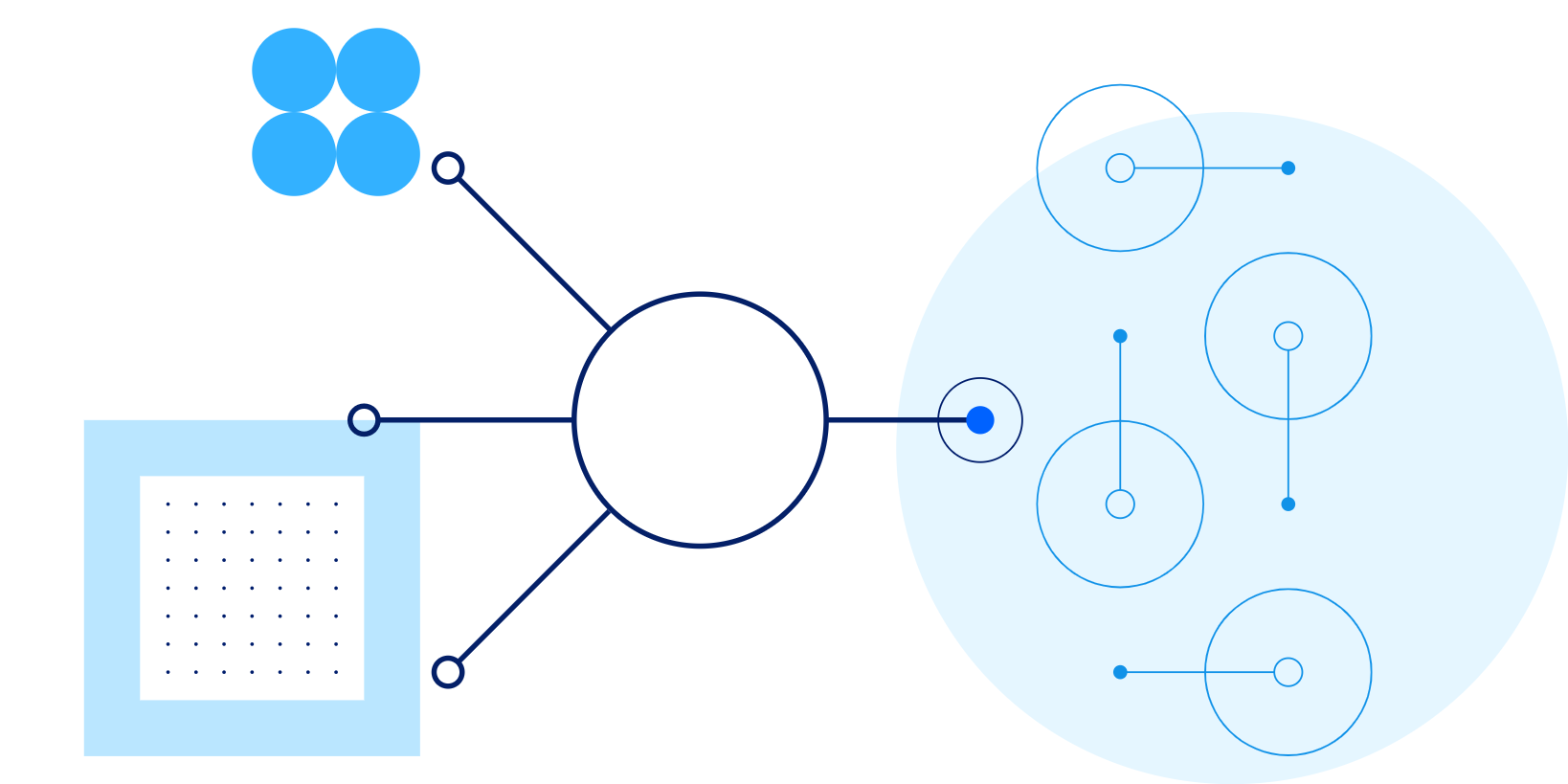Artificial Intelligence
Generative AI: driving a new era of HR transformation
3 October, 2024 | Written by: Helen Gowler
Categorized: Artificial Intelligence | Perspectives
Share this post:
Helen Gowler, Partner, EMEA Talent & Transformation Lead
Today, I’m proud to be part of a company that’s committed to addressing gender bias in the tech industry. IBM is pioneering the use of AI to tackle this issue, and I’m excited to contribute to this effort.
Our team is developing AI models that can detect and mitigate bias, ensuring that these systems are fair, transparent, and equitable. This technology has the potential to make a positive impact on all our clients. By leveraging our AI models, other organisations can identify and address potential gender biases in their hiring processes, talent development, and employee interactions. This will lead to more diverse and inclusive teams, better representation of their employee base, and ultimately, more innovative solutions.
As a champion for diversity and inclusion, and as a previous winner of the Women in Technology award, I’m excited to work with companies to create a more equitable future, and I believe that together, we can really make a meaningful difference. Please read my thoughts on driving a new era of AI transformation:
Generative AI is having a massive impact on how we work.
The scope, scale and speed of the change is, however, difficult to grasp. A recent IBM study found that 77% of entry-level workers will see their jobs transform by 2025, and so will more than one-in-four senior executives. From market research to content creation and code development, AI is already starting to rewrite the employment handbook.
So how should businesses align AI use cases to build value and is it really possible to use the technology beyond cost saving and enhanced productivity?
First, it’s important to take an iterative approach to generative AI roll-out that encourages risk taking and the opportunity to learn what works and what doesn’t. You also need to have a clear understanding of the problems you’re trying to solve before letting your teams across business, IT and HR identify and test their own generative AI opportunities and be accountable for the outcomes.
A core priority must be to ensure that your workforce feels empowered to use generative AI as if it was a new tech co-worker, and that requires new thinking and training. Currently, around three-quarters (74%) of CEOs believe their teams are appropriately skilled in generative AI, but just 29% of their wider C-suite agree.
That’s a worrying disparity, so to bridge the gap, enterprises need to make generative AI upskilling an advancement opportunity for everyone, especially top performers. It’s worth remembering that generative AI can’t augment or improve poor performance – it’s revolution not evolution – so it’s important to expand its use to areas where it will make the most impact.
IBM has extensive experience of helping businesses use generative AI to improve staff and HR performance. For example, we helped a global airline reduce the time to update job profiles by 50% by populating core behavioural and technical competencies. And a cruise ship client cut its reliance on live agents 10%, by automated text searching, meaning employees could focus on more high-value work.
Of course, IBM practices what it preaches. We have successfully deployed generative AI across our own HR functions too. Our quarterly promotions process used to take around 10 weeks to complete due to the large volumes of data involved across the business. The answer was to deploy our AI and orchestration to create and implement IBM’s first digital HR worker, HiRo, who now handles the time consuming information compiling and formatting tasks, enabling our HR team to focus on more high-value, people-centric work.
Leading organisations are acting now to re-think strategy and actions around talent and skills, building a flexible, thoughtful approach that encourages creativity, experimentation, and innovation.
To discover how IBM can help you build AI into your HR functions, click here.

EMEA Talent & Transformation Service Line Leader, IBM Consulting UK
Multi-Modal Intelligence Platform
Traditionally, data management systems provided only numerical or textual based business intelligence primarily for back-office users across finance, sales, customer management and supply chain. Today, we are increasingly seeing data management systems which drive key business functions requiring interrogation of multi-modal data sets from documents, presentations, images, videos to audio. This demands a more sophisticated […]
The use of GenAI to Migrate and Modernise Organisational Core Programming Languages
GenAI is hugely powerful and supports a diversity of use cases by focusing on routine work – allowing people to focus time on value-add tasks, thus enhancing productivity. The focus of this use case is for an organisation which had previously focussed on a legacy set of tooling and programming languages and needed a way […]
New milestone for IBM-AWS partnership makes it even easier for clients in the UK to buy IBM software on the AWS Marketplace
Last summer, IBM launched a programme that enabled UK clients to purchase IBM software on the Amazon Web Services (AWS) Marketplace. Ever since it has given our clients the ability to recapture at-risk spend with AWS, simplify their procurement process, and improve time to deployment. Given the positive response from clients I’m pleased to announce […]





























